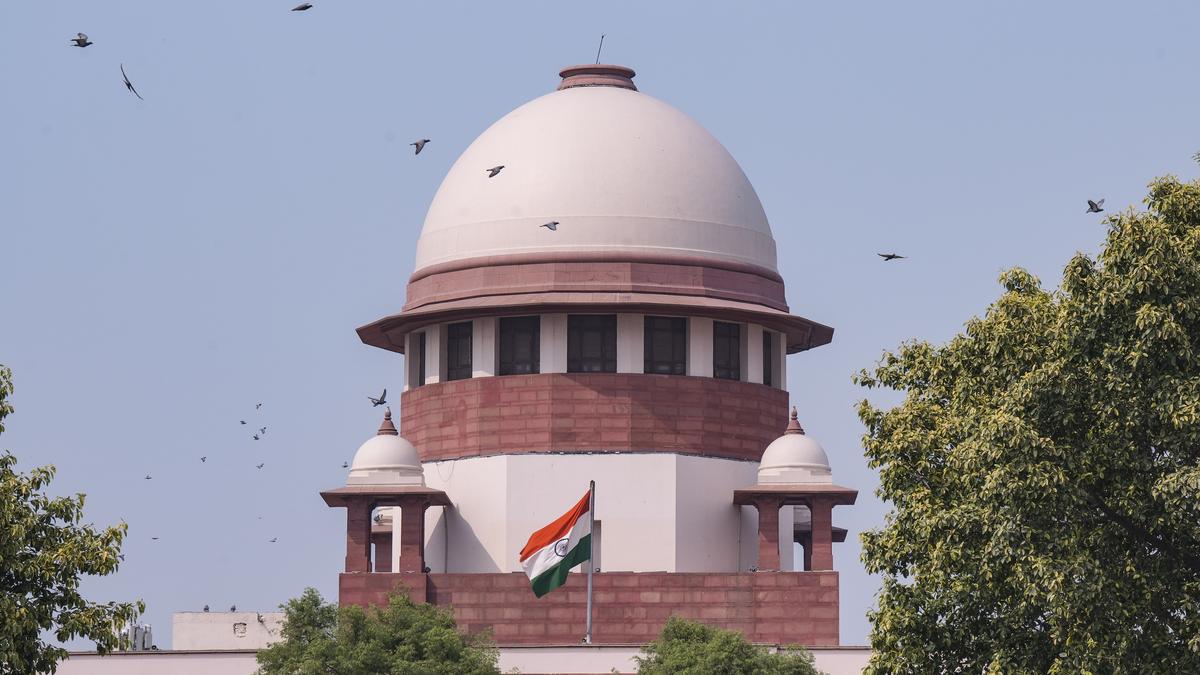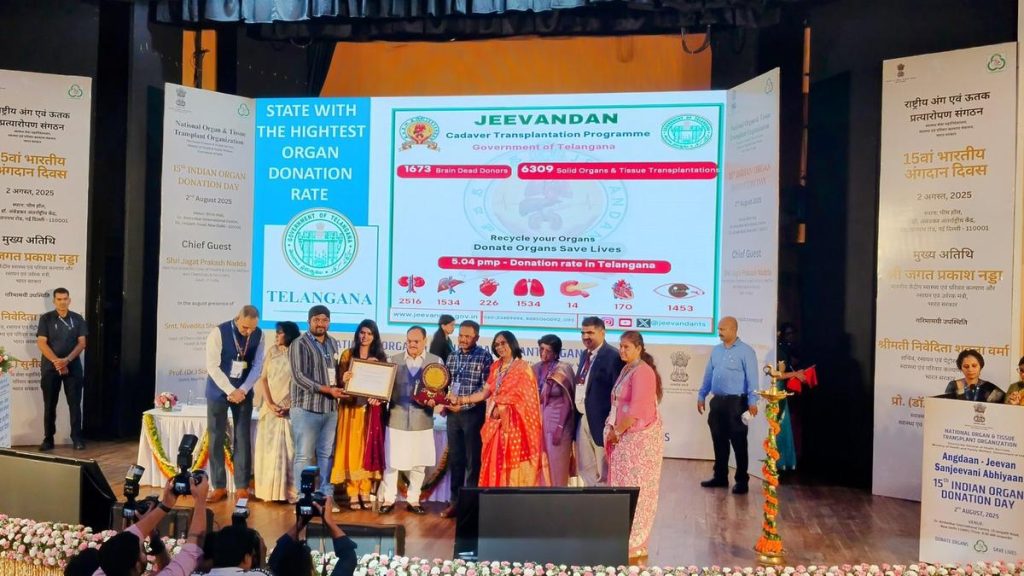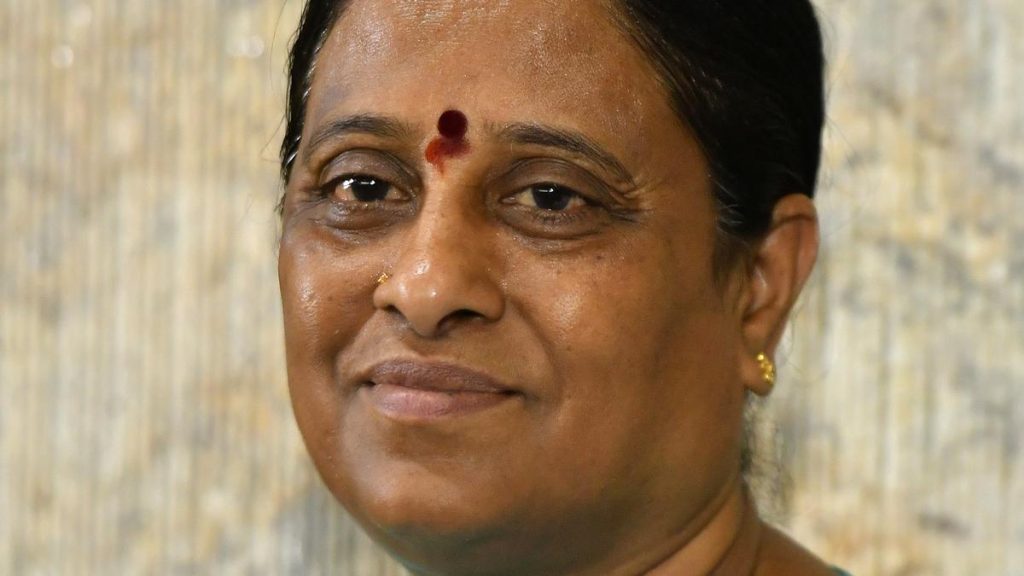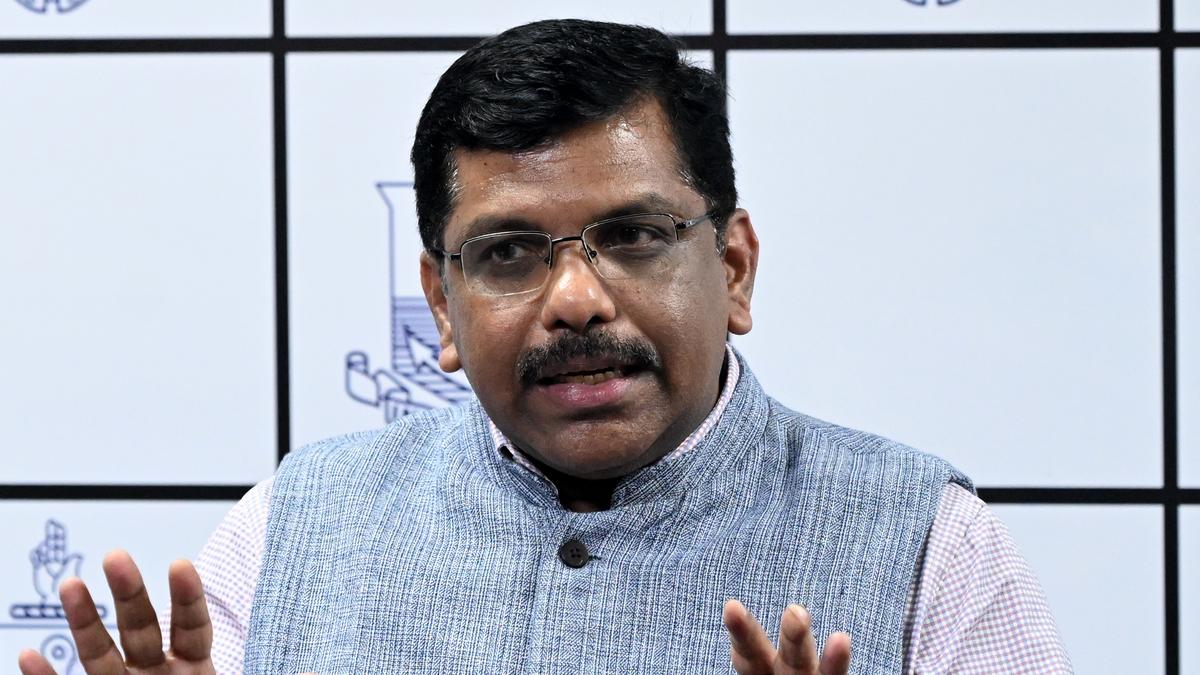Now Reading: Supreme Court Affirms Digital Access as Fundamental to Right to Life
-
01
Supreme Court Affirms Digital Access as Fundamental to Right to Life
Supreme Court Affirms Digital Access as Fundamental to Right to Life

Fast Summary
- Judgment and Date: Teh Supreme Court on April 30,2025,ruled that inclusive digital access is part of the fundamental right to life and liberty under Article 21 of the Constitution.
- Bench Details: Justices J.B. Pardiwala and R. Mahadevan emphasized the state’s obligation to create an inclusive digital ecosystem.
- Case Trigger: Petitions cited challenges faced by disabled persons, including acid attack victims, in completing digital KYC processes due to physical impairments.
- Impact on Marginalized Groups: The judgment highlighted barriers for persons with disabilities (PwD), rural populations, linguistic minorities, senior citizens, and economically weaker communities due to issues like poor connectivity and inaccessible interfaces.
- Legal Interpretation: Digital access was linked to constitutional provisions like Articles 21 (right to dignified life), 14 (equality), 15 (protection against discrimination), and Directive Principles under Article 38.
- Directives Issued: The court issued a set of 20 directions aimed at reforming the digital KYC process to ensure equitable access for all marginalized sections.
Indian Opinion Analysis
The Supreme Court’s ruling underscores a notable shift in acknowledging technological infrastructure as essential for ensuring constitutional rights. By recognizing “digital access” as integral to dignity and autonomy under Article 21, this judgment compels policy responses that cater specifically to historically excluded groups such as persons with disabilities or rural populations.
this decision highlights widening inequalities caused by India’s rapid digitization without corresponding accessibility measures in place. Barriers cited-such as facial recognition-based tasks for individuals with physical impairments-suggest urgent structural overhaul is needed not only in government portals but across e-governance initiatives nationwide.
By invoking principles like substantive equality and directives under Articles 14 &15 alongside welfare-focused obligations in Article 38, this ruling could redefine how inclusivity shapes future policies around India’s tech-driven advancement strategies. The mandate for universal design ensures that technologies must enable seamless participation across socioeconomic hierarchies-a move crucial both morally and constitutionally.























